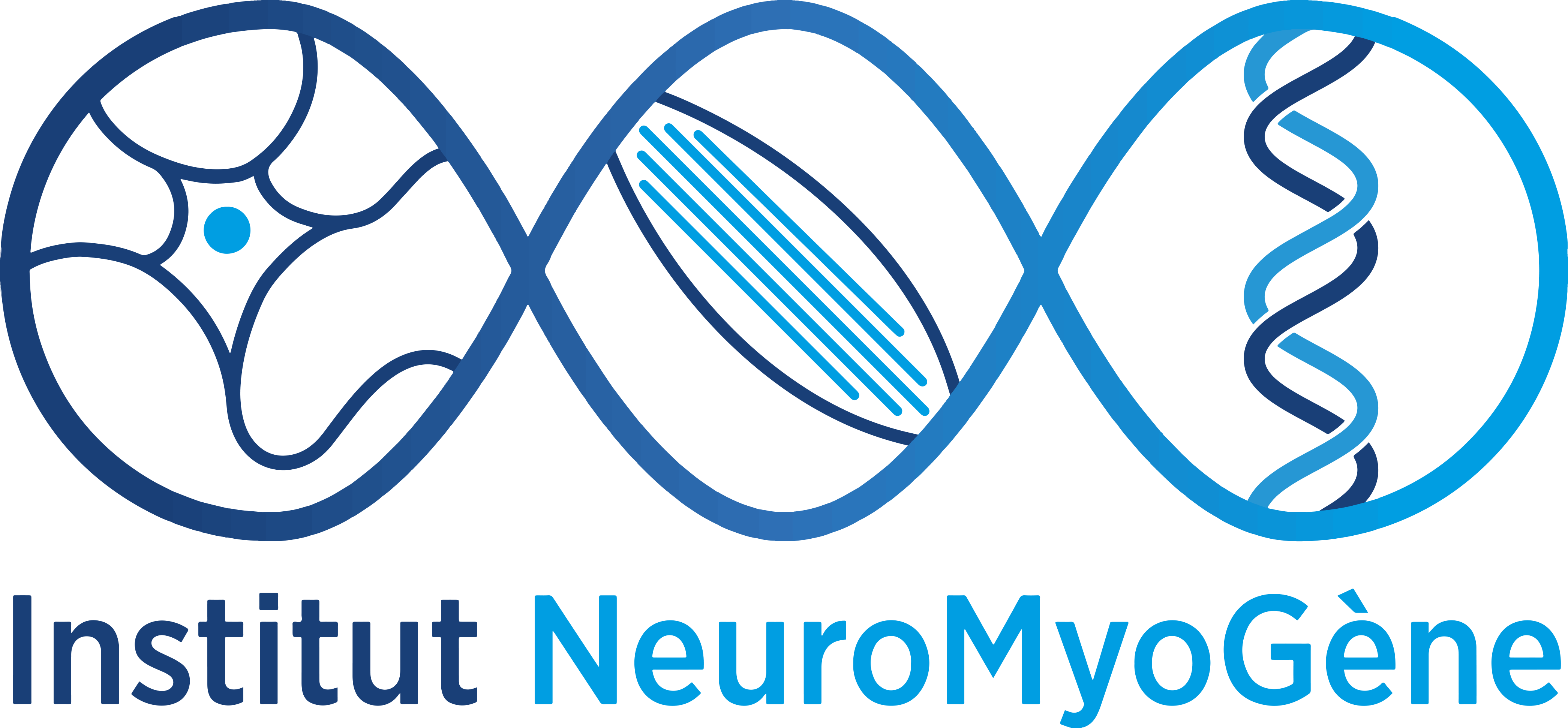We are pleased to welcome Lucas WALTZER from the Institute of Genetic and Development (iGReD) in Clermont-Ferrand, on April 25th , invited by Ambra MARI.
He will give a seminar at 11am entitled: “Regulation of neurogenesis and myogenesis by the epigenetic enzyme Ten-Eleven Translocation (TET): beyond DNA demethylation”
📍The seminar will be in the Amphi 3, 3rd floor.
Abstract
Members of the Ten-Eleven Translocation (TET) family are important regulators of genome expression in metazoans. These enzymes are well-known for their capacity to oxidize and demethylate 5-methylcytosine (5mC) on DNA, a prevalent epigenetic mark in many species. Yet, these epigenetic enzymes also have other substrates and enzymatic-independent functions, which are less well characterized. Intriguingly, the Drosophila genome does not code for any cytosine DNA methyltransferase, but it presents a single and well-conserved Tet gene, which is essential for fly development. This model organism is thus well-suited to uncover the non-canonical functions and mode of actions of TET proteins. Here we will present new insights into the 5mC DNA-independent function and mechanisms of action of TET. In particular, we will discuss the role of TET in the demethylation of 6-methyladenine (6mA), a controversial epigenetic mark in metazoan genomes, and illustrates how it controls Drosophila central nervous system as well as muscle development mainly in a catalytic-independent manner.
Brief CV:
Lucas Waltzer is a CNRS Director of Research at the Institute of Genetic and Development (iGReD) in Clermont-Ferrand. After a PhD on the regulation of Epstein-Barr virus latency gene expression at the ENS of Lyon, he did his post-doc at the Laboratory of Molecular Biology in Cambridge (UK), where he investigated the role of the transcriptional co-activator CBP/p300 in Wnt and BMP signaling pathways during Drosophila midgut development. In 1999, he joined the Center for Developmental Biology in Toulouse, where he initiated a line of research aimed at understanding the genetic and molecular mechanisms underlying blood cell development and leukemia using Drosophila as a model system. In 2017, he moved to the iGReD to set up a new team working on the epigenetic regulation of cell fate choice and tissue homeostasis in Drosophila, with a focus on role of the Ten-Eleven Translocation protein family. His group uses a combination of genetic, molecular, developmental and NGS approaches to uncover how these enzymes control gene expression independently of 5mC DNA oxidation and demethylation in vivo.
Majors publications:
Gilbert et al., Drosophila TET acts with PRC1 to activate gene expression independently of its catalytic activity. Science Advances (2024) doi: 10.1126/sciadv.adn5861.
Boulet et al., Adenine methylation is very scarce in the Drosophila genome and not erased by the Ten-Eleven Translocation dioxygenase. eLife (2023) doi: 10.7554/eLife.91655.2.

